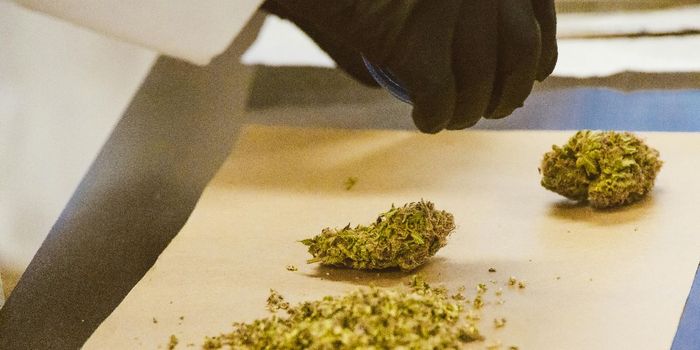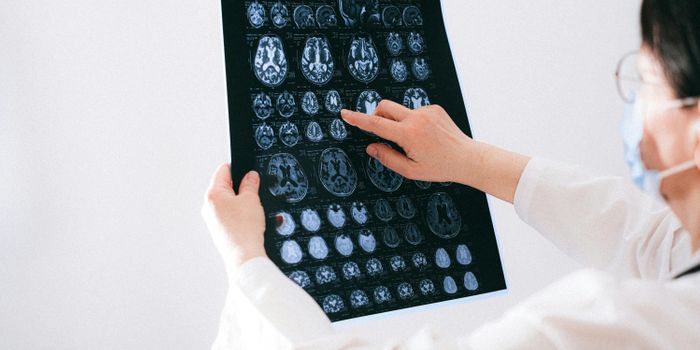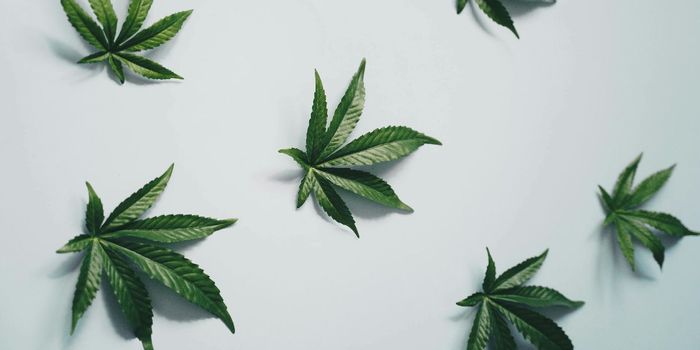Will Weed Make Me Fat?
On its own, the research on the phytochemicals present in cannabis suggests that no, marijuana will not make you fat. The way that an ingested chemical can directly affect the composition of your lipids (aka "fat", although this is a bit of a misnomer) is through a variety of molecular mechanisms that alter the composition or function of plasma lipoproteins. Based on a recent review published in Current Opinion in Lipidology, however, it would seem that marijuana alone is not associated with increased weight gain.
Source: Pixabay.com
Plasma lipoproteins are necessary for several physiological functions, such as transporting dietary triglycerides through the intestine to be used as an energy source; transporting dietary cholesterol from the liver to several organs; and "reverse" transporting cholesterol through the liver for excretion (and, once upon a time, these actions actually contributed to our survival during times of famine, a very rare occurrence in today's Western society). They are also necessary for absorption of the fat-soluble vitamins A, D, E, and K.
What does this have to do with cannabis? Well, first of all, many of the phytocannabinoids are also fat-soluble. Furthermore, our own endocannabinoids (e.g. anandamide and 2-AG) are lipid-based. This way they can pass through the cellular membranes to directly influence gene expression in the nucleus. While these endocannabinoids also act at receptors (e.g. CB1 and CB2), their lipid-solubility differentiates them from the more widely-known neurotransmitters. Okay, that is probably enough background on lipids (for a more thorough introduction, I would start here).
Source: Pixabay.com
Since endocannabinoids are lipid-based and have a role in metabolism, it stands to reason that phytocannabinoids would alter the homeostasis of these metabolic processes which could influence weight. In fact, in pathological conditions, our endocannabinoid system can actually contribute to metabolic diseases such as obesity. For example, obesity is associated with an increase in baseline levels of endocannabinoids. So why doesn't cannabis make us fat?
As of now, the majority of evidence comes from clinical studies, in which marijuana users are compared to non-users. These studies have provided some interesting data. For example, despite the "munchies", heavy cannabis users do not differ from controls in weight, BMI, cholesterol or triglyceride levels in most studies. There may be effects at the CB1 receptor, but this is mainly based on the fact that obese individuals respond very well (i.e. lose weight) when given synthetic CB1 antagonists. Unfortunately, these antagonists also produce serious psychiatric side effects.
More research needs to be done on the cellular level to understand the pharmacological effects that cannabis has on weight gain and energy metabolism. The clinical data on relatively healthy (i.e. non-obese) individuals who smoke marijuana is a bit surprising given the appetite-increasing effects of marijuana. Despite the unknown molecular mechanisms, it would still be prudent for cannabis users to try to limit their caloric intake while high. It is good general advice for all people these days, cannabis-user or not.
Sources: Wikipedia - Lipid; Trends in Biochemical Sciences, Current Opinion in Lipidology, Cellular and Molecular Life Sciences, Trends in Endocrinology and Metabolism










